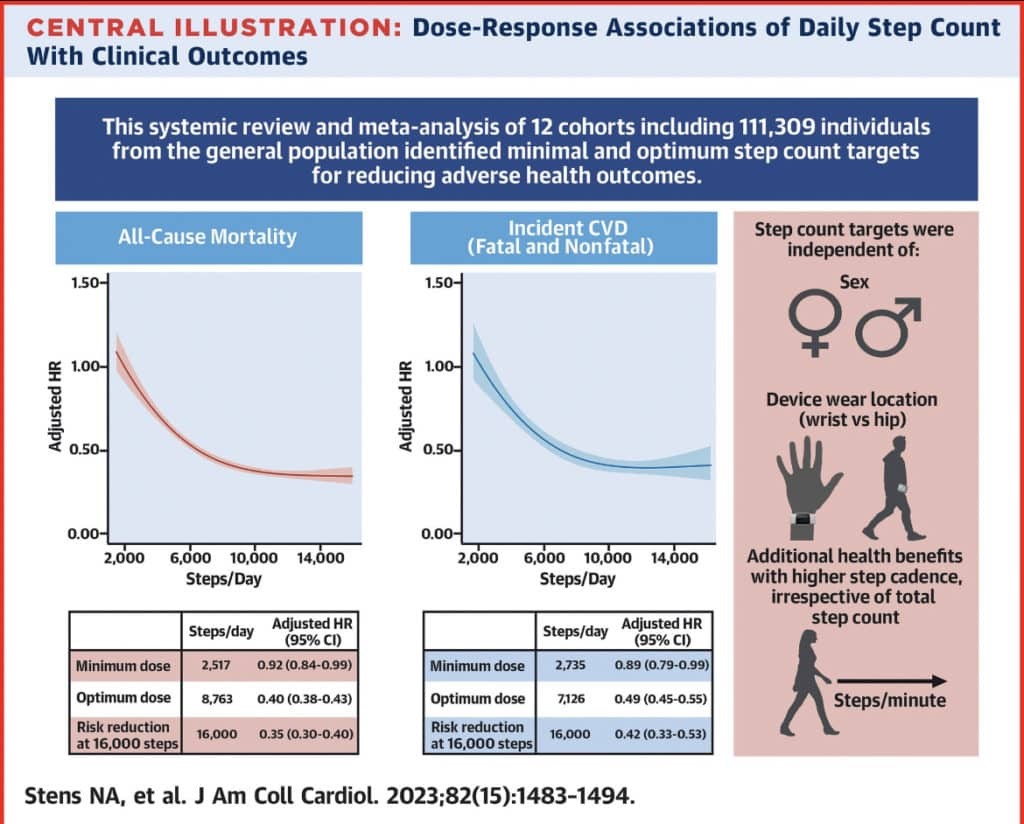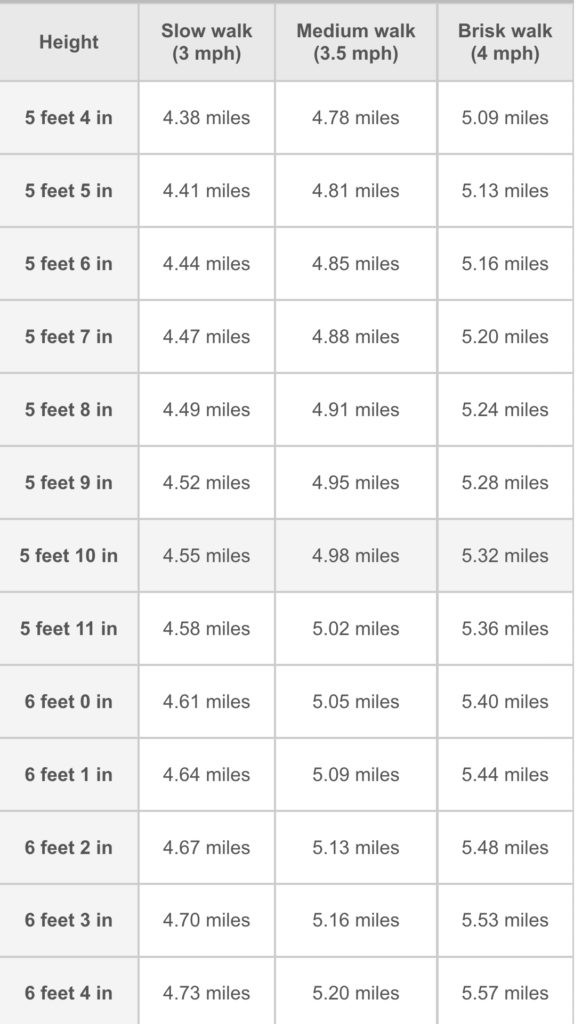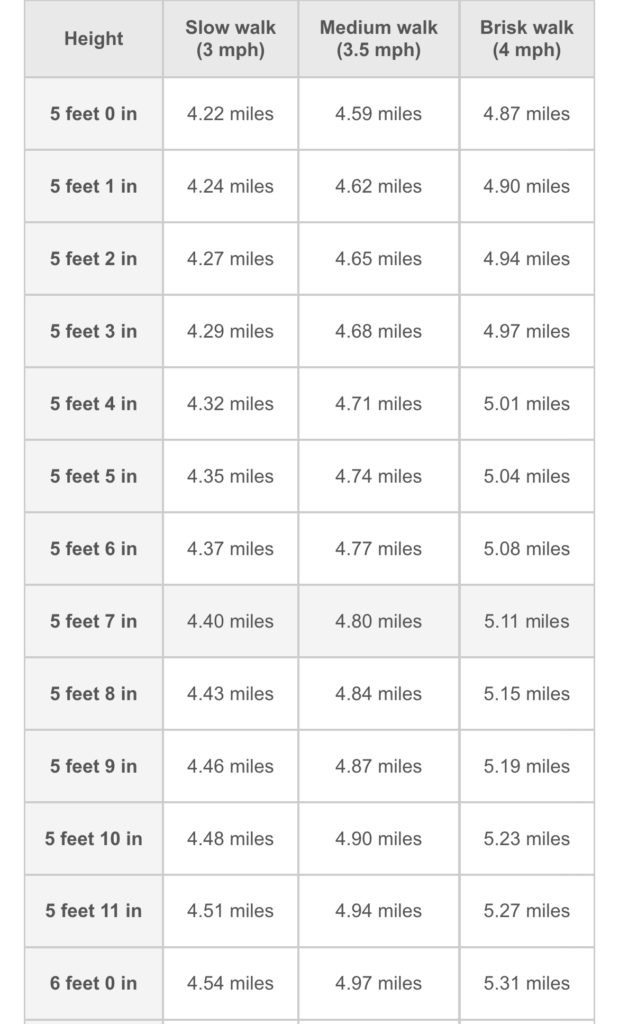“You’re Probably Not Walking Enough!” Top London Cardiologist Dr Iqbal Malik Reveals the Step Count That Could Save Your Heart

Consider 10,000 steps daily as yet another health fallacy. Think again.
Leading consultant cardiologist from London, Dr Iqbal Malik, is advising British people to treat walking more seriously. Not just as a means of keeping active but also as a potent weapon against heart disease, reduced blood pressure, and even longer lifetime.
Regular walking—especially daily—is among the most efficient, low-cost, and underappreciated types of exercise accessible, claim London’s leading consultant cardiologists. The finest thing is also that Regardless of age or degree of fitness, practically everyone can accomplish this.
Table of Contents
ToggleWho is Dr Iqbal Malik?
At Imperial College Healthcare NHS Trust, One Welbeck Heart Health and London Cardiovascular Clinic, highly esteemed consultant cardiologist Dr Iqbal Malik is Having treated difficult heart problems for decades, he is also well-known for advocating doable public actions to raise heart health.
His point of view is basic. Go more on foot. Try it regularly. Do it often.
How Far is Far Enough?
Though Dr. Malik believes the evidence now supports it, walking 10,000 steps a day began as a marketing phrase. Studies indicate that walking between 9,000 and 10,000 steps per day is perfect for enhancing cardiovascular health, lowering stroke risk, and increasing general well-being.
For those over 60, the number does not have to be quite as great. As a target that still shows actual advantages, Dr Malik advises between 7,000 and 8,000 steps everyday.
“Even little changes in your step count can have a big effect,” advises Dr Malik. ” Especially when it becomes a daily habit, the human body reacts fast to consistent movement.”

What Is Heart Rate Variability and Why Should You Care?
Dr. Malik also emphasises Heart Rate Variability, or HRV, another important measure of cardiac health. This is the little differences in time between every pulse. Cardiologists generally agree that it is evidence of the strength and adaptability of your cardiovascular system.
Usually, higher HRV indicates improved health, says Dr. Malik. “It indicates that your body is adjusting rather effectively to emotional and physical tension.”
HRV data is included in many smartwatches and fitness trackers these days. Dr Malik advises individuals, nevertheless, to be constantly moving rather than obsessing over statistics.

Why Walking Works Wonders
One very effective but sometimes disregarded kind of exercise is walking. It boosts oxygen supply to organs, strengthens cardiac muscle, helps control blood pressure and cholesterol, and improves circulation. It also lessens inflammation, a factor connected to several chronic conditions.
The advantages transcend only physical ones. Walking releases symptoms of despair, anxiety, and stress. It can raise attitude, help with sleep, and even increase brain capacity. Walking is sustainable, mild on the joints, and free of specific equipment or a gym subscription unlike many kinds of exercise.
According to Dr Malik, it’s about developing walking into your everyday routine. Consistency is crucial.
How to Add More Steps Without Overhauling Your Life
Dr. Malik advises little adjustments with great impact. If at all feasible, walk to work. One stop early get off the train or bus. Choose the stairs over the lift. Go for a lunch break walk. One may accumulate steps even by timing oneself on the phone.
You should not worry if 10,000 steps seems excessive. Starting with your present level of activity, Dr Malik counsels progressively increasing up.
Try aiming for 5,000 if your daily walking count is 3,000 steps. That by itself would greatly enhance your cardiac health.
The Bigger Picture
Still the top cause of mortality in the UK, heart disease Dr Malik thinks that national priorities should be prevention via lifestyle modifications including increased walking frequency.
“We address these disorders too late. Many times, every day walking is a basic habit that might help to avoid them. It need neither complexity nor extremes.
Long sitting times and screen time growing in post-pandemic lifestyles have made individuals more inactive. Although Dr Malik notes this tendency is concerning, it is reversible and never too late to start moving more. One of the easiest adjustments someone can make is walking, and it might quite literally save your life.
Your heart will thank you.
Final Word: Start Today
The advise of Dr. Malik is straightforward, sensible, and easy to apply. You don’t have to change your way of life over night, start a marathon’s training program, or buy pricey equipment. Starting one step at a time, you just have to start walking more.
Start with little daily walks, create reasonable objectives, and monitor your development to keep inspired. It all counts—invite a friend, stroll your dog, or visit a new park.
Walking is still one of the most effective weapons for preserving your heart in a world of complicated diets and exercise fads.
Thus, lace your shoes. Your path to improved health might begin with a block walk-around.
Published by Carol Jones
My aim is to offer unique, useful, high-quality articles that our readers will love. Whether it is the latest trends, fashion, lifestyle, beauty , technology I offer it all View more posts
Recent Post
5 Online Notary Platforms in Europe








